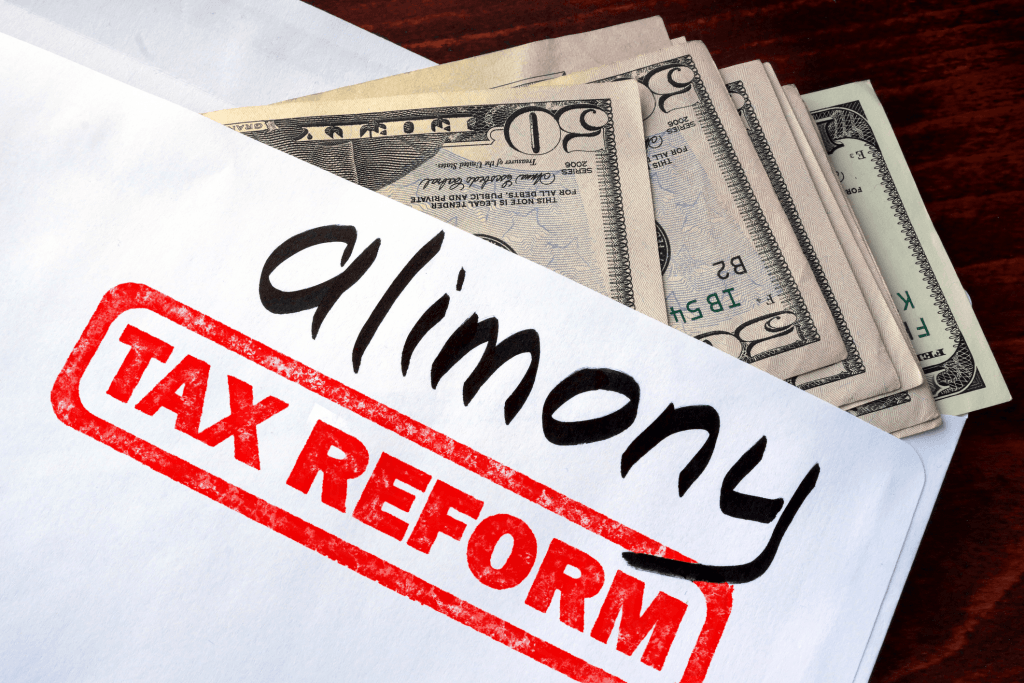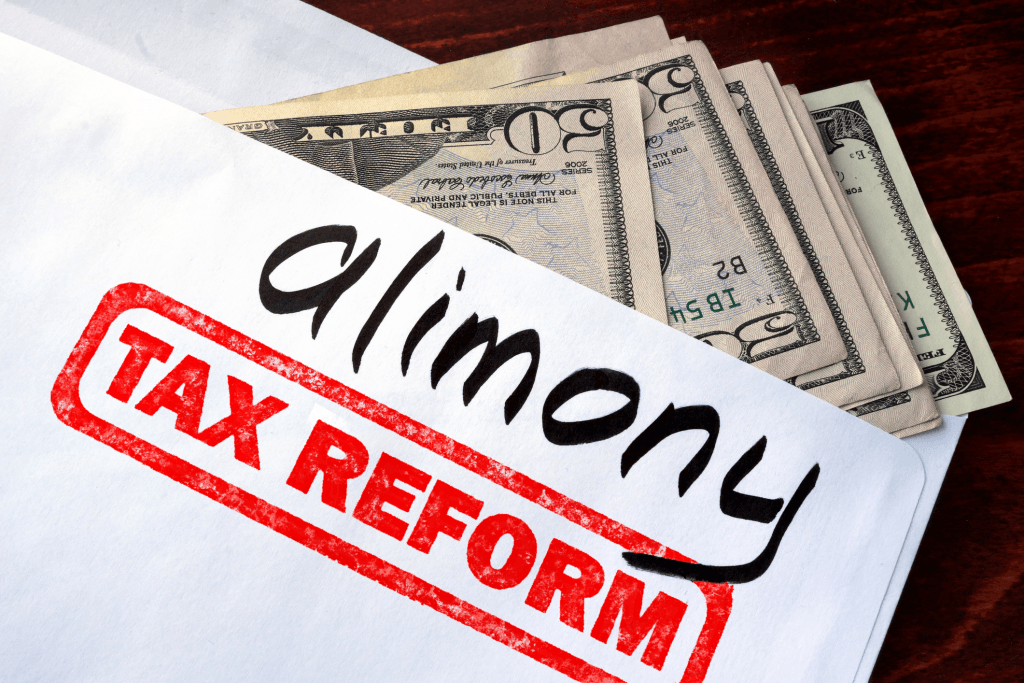Calling it a duck doesn’t always make it one.
Hexum v. Comm’r, 721 F. App’x 512 (7th Cir. 2018) (unpublished)
(a) Facts: The parties were divorced in Illinois. The wife remained in the former marital home, and the husband was ordered to pay the mortgage. Upon an eventual sale of the home, the parties were to split the net proceeds. Continue reading →
 North Carolina Divorce Lawyers Blog
North Carolina Divorce Lawyers Blog







